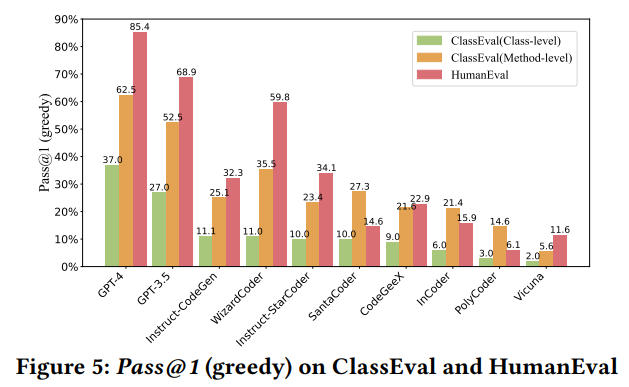publications
Publications (30+): First Author (10+), Corresponding Author(10+). CCF-A (20+)
2026
- RealSec-bench: A Benchmark for Evaluating Secure Code Generation in Real-World RepositoriesarXiv preprint arXiv:2601.22706, 2026
2025
- ASE 2025DrainCode: Stealthy Energy Consumption Attacks on Retrieval-Augmented Code Generation via Context PoisoningIn 2025 40th IEEE/ACM International Conference on Automated Software Engineering (ASE), 2025
- FSE 2025Beyond functional correctness: Investigating coding style inconsistencies in large language modelsProceedings of the ACM on Software Engineering, 2025
2024
2023
2022
2021
2020
2019
- A learning-based approach for automatic construction of domain glossary from source code and documentationIn Proceedings of the ACM Joint Meeting on European Software Engineering Conference and Symposium on the Foundations of Software Engineering, ESEC/SIGSOFT FSE 2019, Tallinn, Estonia, August 26-30, 2019, 2019
-




